Park Joo Bong, Li Yongbo, Rexy Mainaky and Misbun Sidek are just some examples of successful coaches in the modern badminton era but you will agree that more could be added to this list. The question that probably needs to be asked first is “what is a successful coach?”
By Tjitte Weistra, Badzine Columnist. Photos: BadmintonPhoto
Is it a coach that has won major titles with top players? Is it a coach that has transformed a developing badminton nation into an international competitive country but who hasn’t necessary won medals at major events? Is it a coach that is consistently able to “feed” players into a national high performance programme from the grassroots level? The main fact here is that the last coach usually gets the credit because he or she is in the limelight of the media when the performance at international level is achieved and the many coaches who have worked so tirelessly in the background for so many years are often not recognised.
Answering the topic question/statement is reasonably straight forward: of course good players do not automatically make good coaches. There is a hell of a lot more to coaching than just having the playing skills yourself. That said, having been an international player of a high standard certainly gives you some very important skills. Talking from real experience when it comes to many aspects of the game, former players often gain quick respect from the players they work with but this respect will only last as long as you are able to create a relationship with the players which is built on trust, hard work, honesty and a real passion for coaching and supporting players over a long period of time.
An interesting observation, though, is that successful coaches at the international level are often not liked by players because they usually are stubborn, tough and have little time for players who don’t have the mental toughness to make it to the big scene. They seldom score high in empathy and can be very results-driven, which puts pressure on players to perform or else. I remember a story from two athletes in another sport who won back-to-back gold in Athens and Beijing. They were telling the media when they retired after Beijing how they had always “hated” their coach with a passion but after winning their first gold medal realised that he had made the difference in winning a medal or not. It took them a long time to realise this but when they eventually did, their attitude changed and they started training even harder, which saw them defend their gold medal 4 years later.
In soccer (or football if you like), we see lots of successful coaches who never played at international level. Guus Hiddink and Louis van Gaal are examples of Dutch coaches (excuse me for being biased 
So, what about successful coaches in badminton who didn’t play at the highest international level themselves? Perhaps Andy Wood, who only just last week announced he is resigning as England’s Head Coach, is a good example of a coach who has been quite successful at the highest international level but who, to the best of my knowledge, did not compete at a high international level himself. So what qualities do coaches, who have not played at the highest level themselves, have to possess to have a shot at being a great coach in the first place? In my opinion it is all about having an in-depth knowledge of the game and knowing how to inspire and motivate players and whether, as coach and person, you are able to push the right buttons which make players want to go the extra mile. This really has nothing to do with your background as a player. If players know, right from the start that you have done your homework, that you understand how the game is played and that you can pass it on and create buy-in amongst your players, then you have laid the foundation for success. Education is the key to being a successful coach. As coaches, we need to be hungry to find more and new information about how to improve players’ technical, tactical, physical and mental skills. At the same time, coaches need to constantly reflect on their “style” of coaching and to look for improvement as a coach. We expect from our players that they be hungry to improve their skills but remember that players expect the same from coaches.
It is fair to conclude that it can be harder for coaches who haven’t played at the highest international level themselves to have that edge players are looking for but maybe it’s often just in the players’ minds that coaches need to have played at that level. To those coaches who have not played at that level and who have the drive, passion and determination to be successful as coaches, I can only conclude with my favourite quote from Albert Einstein:
“If you cannot explain it simply, you have not understood it well enough.”
Happy New Year and I wish all of you the very best for 2011.
![COACH’S NOTEBOOK – Good players make good coaches, agree? Park Joo Bong, Li Yongbo, Rexy Mainaky and Misbun Sidek are just some examples of successful coaches in the modern badminton era but you will agree that more could be […]](http://www.badzine.net/wp-content/uploads/Newsflash-thumbnail.png)
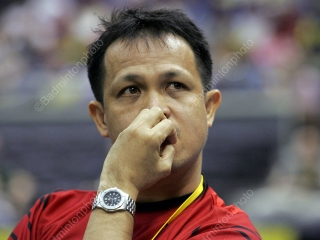
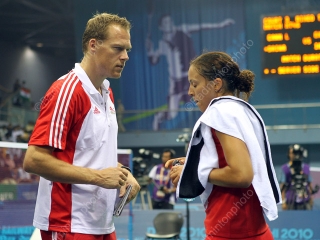
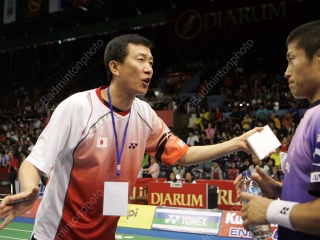
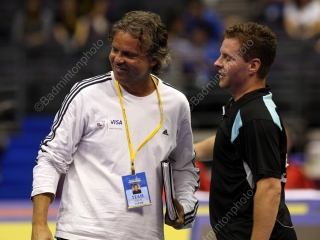

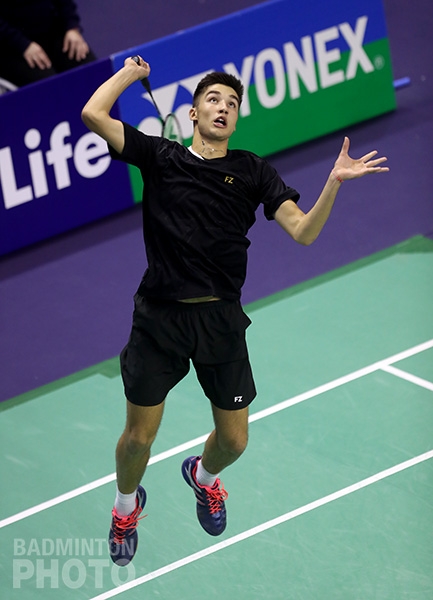
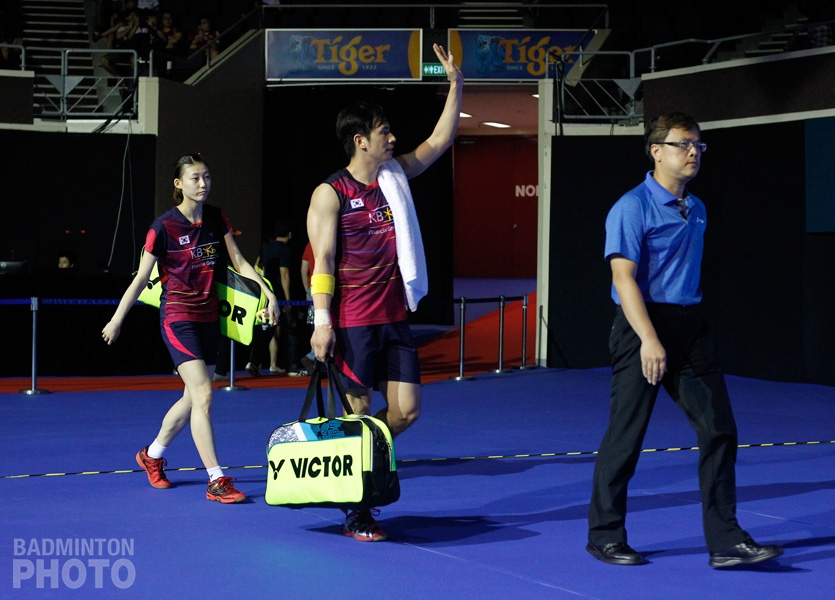
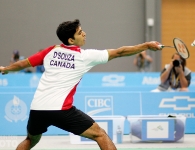
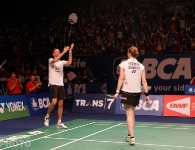

Leave a Reply